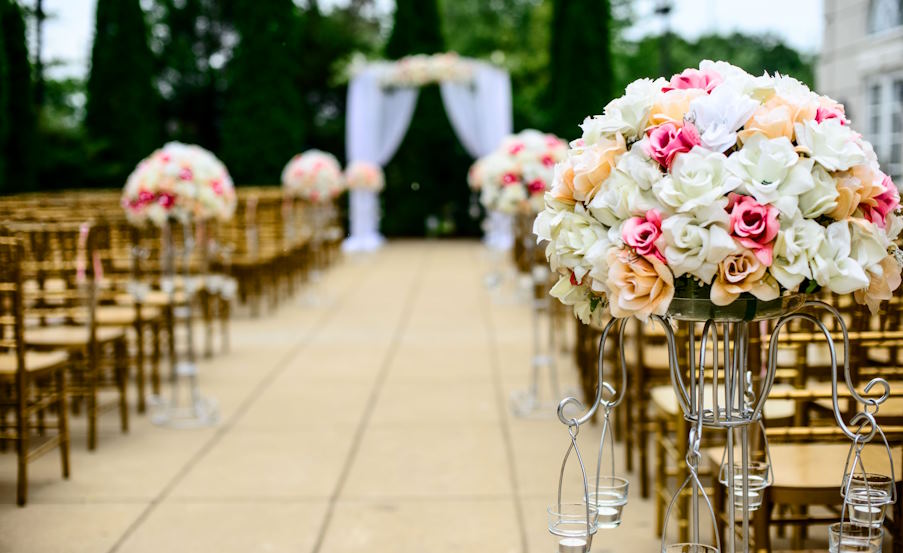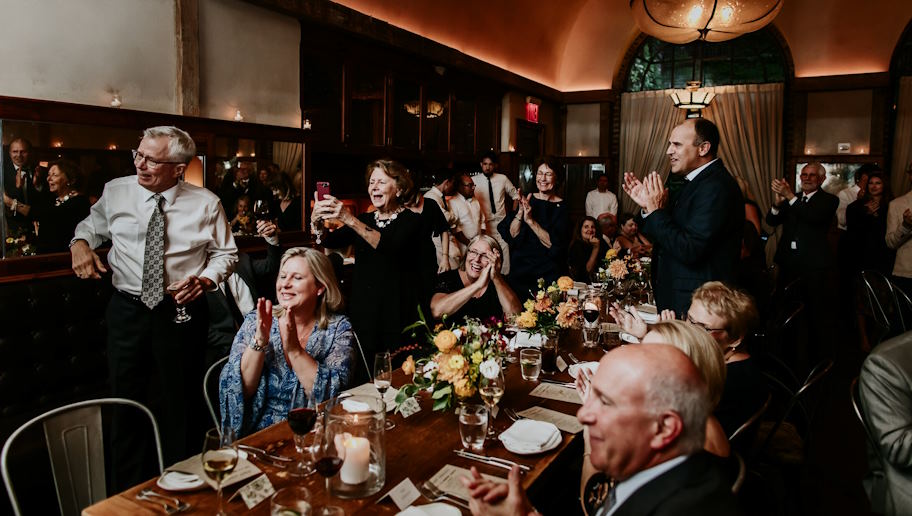The Importance of Wedding Rehearsals: What to Expect

Planning a wedding is an exhilarating and intricate process, filled with countless details to consider. Among the many important components that contribute to a memorable wedding day, the wedding rehearsal often takes center stage. While it may seem like just another event to add to your busy schedule, the truth is that a well-executed rehearsal can make a significant difference in the smoothness and overall success of your big day.
What to Expect at a Wedding Rehearsal
A wedding rehearsal is a valuable opportunity to ensure that all the moving parts of your ceremony come together seamlessly. While each rehearsal may vary depending on your unique wedding plans, there are common elements to anticipate. Let’s take a closer look at what you can expect during a typical wedding rehearsal.
First and foremost, it’s essential to understand the structure and duration of a rehearsal. Typically held one or two days before the wedding day, a rehearsal lasts around 1-2 hours. This timeframe allows for a thorough walkthrough of the ceremony while giving everyone involved ample time to understand their roles and responsibilities.

One of the primary purposes of a wedding rehearsal is to introduce the wedding party members and familiarize them with their roles. The officiant will often take the lead in guiding the rehearsal and ensuring that everyone understands their cues, positions, and timing. This is an opportunity for the wedding party to meet and become comfortable with one another, building a sense of camaraderie and teamwork.
During the rehearsal, you will also walk through the processional and recessional. This involves practicing the entrance of the wedding party, the bride’s grand entrance, and the exit at the conclusion of the ceremony. By rehearsing these movements, everyone can understand the order and pace, ensuring a smooth and graceful procession on the wedding day.
Another crucial aspect of the rehearsal is practicing ceremony-specific elements. This includes the exchange of vows, the ring exchange, and any other rituals or customs that are part of your ceremony. This is the time to ensure that everyone knows their cues and understands the flow of these significant moments, allowing for a heartfelt and meaningful ceremony.
Coordinating with the officiant and musicians is vital for a harmonious ceremony. During the rehearsal, you will discuss the order of events, any specific instructions from the officiant, and the musical cues for various parts of the ceremony. This collaboration ensures that everyone is on the same page, creating a cohesive and memorable experience for you and your guests.
Finally, the wedding rehearsal is an ideal opportunity to address any last-minute concerns or questions. It’s natural for unexpected queries or logistical challenges to arise, and the rehearsal provides a platform to address them. Whether it’s clarifying timing, addressing logistical concerns, or simply reassuring nervous participants, this is the time to ensure that everyone feels confident and prepared.
Tips for a Successful Wedding Rehearsal
A wedding rehearsal is not only a run-through of the ceremony but also a crucial opportunity to ensure that everything goes smoothly on your big day. To make the most of this pre-wedding event, here are some essential tips for a successful wedding rehearsal.
First and foremost, effective communication is key. Be sure to communicate all the rehearsal details to the wedding party well in advance. Provide them with the date, time, and location, along with any specific instructions or expectations. Clear and timely communication ensures that everyone knows what to expect, allowing them to come prepared and ready to participate fully.

During the rehearsal itself, it’s vital to provide clear instructions and guidance. Make sure that everyone understands their roles and responsibilities, and explain any specific actions or movements in detail. Use visual aids, such as diagrams or demonstration, to reinforce understanding. By providing clarity, you can minimize confusion and ensure that everyone is on the same page.
Encourage active participation and engagement from everyone involved. Reiterate the importance of their roles and make them feel valued and included. This will not only enhance their confidence but also foster a sense of teamwork and camaraderie. When everyone is actively engaged, the rehearsal becomes a collaborative and productive experience.
Allocate sufficient time for troubleshooting and problem-solving during the rehearsal. It’s common for minor hiccups or unexpected challenges to arise, and the rehearsal provides an opportunity to address them. Allow time for adjustments, such as fine-tuning the timing or coordinating complex movements. By proactively addressing any issues, you can minimize stress and ensure a smoother ceremony.
Lastly, create a positive and supportive atmosphere during the rehearsal. Emphasize the importance of teamwork, kindness, and patience. Encourage participants to ask questions and provide feedback. By fostering a supportive environment, you create an atmosphere where everyone feels comfortable and confident, leading to a more enjoyable and successful rehearsal.
